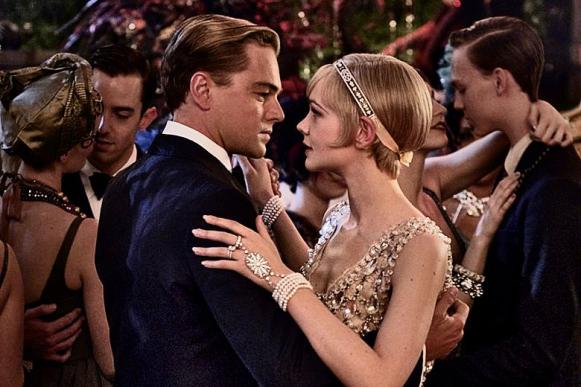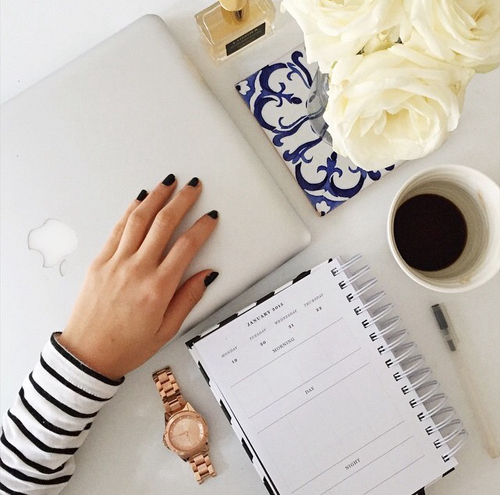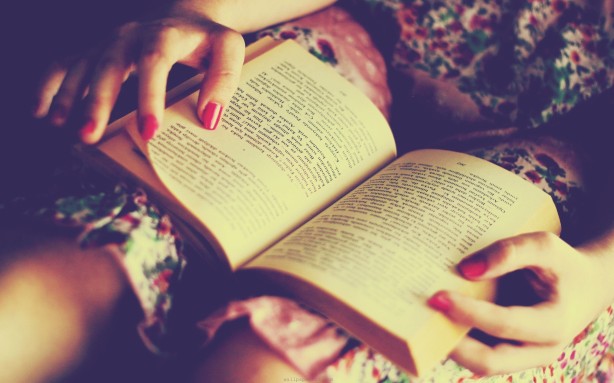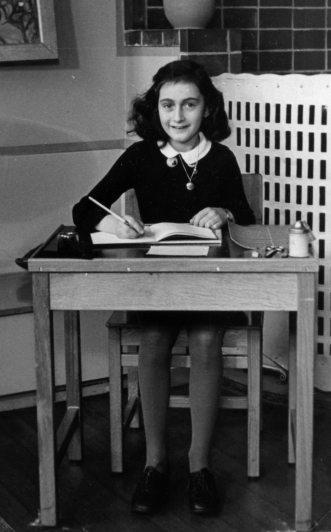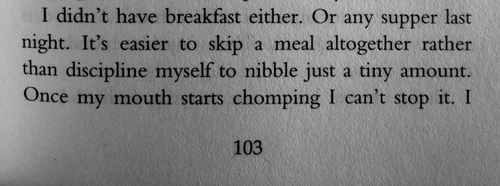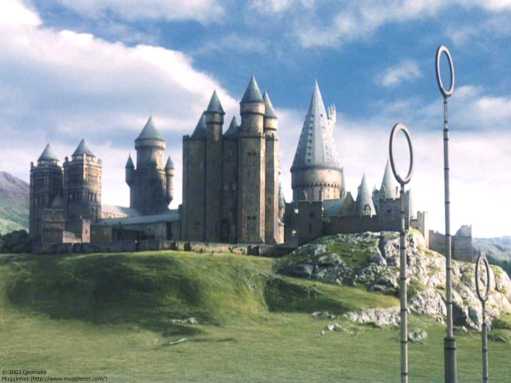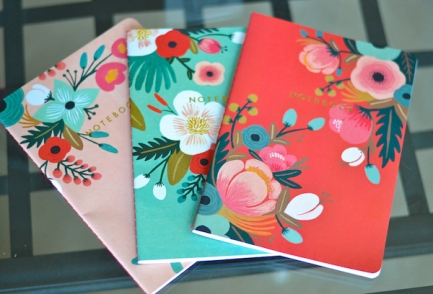It’s been a couple of weeks since I graduated University and ever since I’ve been thinking about what I gained from the experience and where it might lead me in the future.
As I’m sure everyone who doesn’t live under a rock is aware it was A Level results day yesterday and I’m sure there are a lot of young people still indecisive about Uni, perhaps wondering whether to apply through clearing or taking a gap year in order to decide. In response to this and a few questions I’ve received in the comments over the last few months, I thought I’d make this post just to tell you a little about my experience.
When I made the decision to go to Uni a lot of people asked me what the point was and what kind of job would I be able to get after 3 years of reading English Literature. Another hot topic was whether it would ever be worth the money.
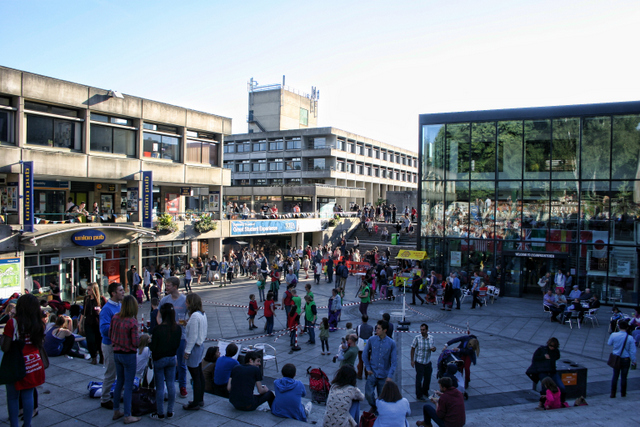
UEA: Also known as the ‘concrete jungle’
To the first point I would say that University isn’t all about the studying. Yes, you’re there to work, but you’re also there for the experience. I am a completely different person to who I was 3 years ago and that’s because I have grown more independent living 300 miles away from home. I’ve met hundreds of different people from a whole variety of backgrounds and they have all had their own little influence upon my outlook on life. On top of this I can cook, I know what it means to stick to a budget with my spending and I know what it’s like to live on my own. Plus yeah, you can drink and go out and have fun in a way you’ll never be able to not at Uni. You simply cannot reconstruct a freshers flat party in your home town. It doesn’t work that way.
The second point I’ll make is about the subject. Okay I didn’t study something that would lead me directly into a job but having a degree opens a lot of doors. I’m not saying it’s necessary but it might speed up the process of getting to where you want to be. Really it’s your call whether you’ll need it for your future career. If you want to be a doctor then you’ve got no choice in the matter but if Uni isn’t for you then there are a great number of alternatives for most careers. Plus, more and more companies are opening their doors to non-graduates. My dream is publishing and just this year Penguin announced they were opening up their vacancies to non-graduates as well. When picking your subject just make sure you’re choosing for you and you alone. You’re the one who will be spending hours in the library late at night and shedding blood, sweat and tears over your dissertation so make sure it’s something you really enjoy doing. You’ll probably spend about 50% of your time working if you study a humanities subject, and that’s a lot of time to spend doing something you hate.
Thirdly, the money. A lot of people don’t understand the concept of the student loan so make sure you’ve read the ins and outs of it before you are put off. I might have £40,000+ of debt but am I going to earn enough to pay that off before I’m 51? Probably not. You only pay back a very small percentage and only after you’re earning over a certain amount per year. It’s really not going to break the bank. The only people who pay it off are those who earn a fortune and, well, they can afford to.
I went to a good Uni and thoroughly enjoyed my course. The teaching was good and I had a lot of choice over the modules I studied. I might not have made the best use of them either but there were literally hundreds of societies to join and events to partake in. And that goes for every Uni.
Whatever you do just make sure you’re making the right decision for you. 3 years is a big commitment to make. Over and out –
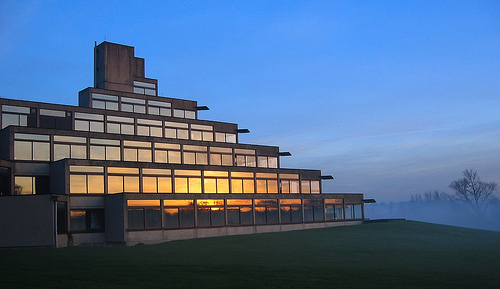
UEA Ziggurats at sunrise
